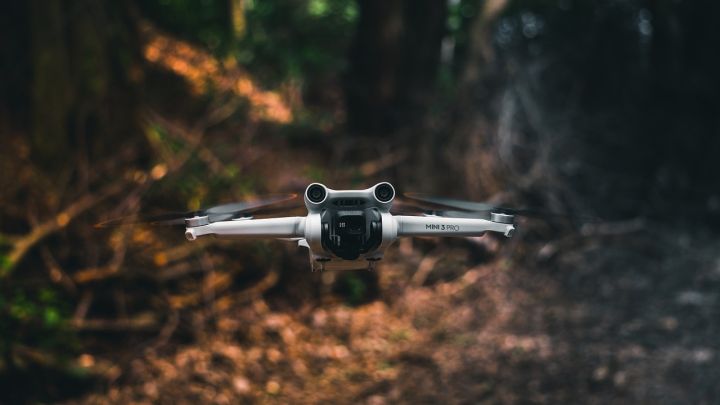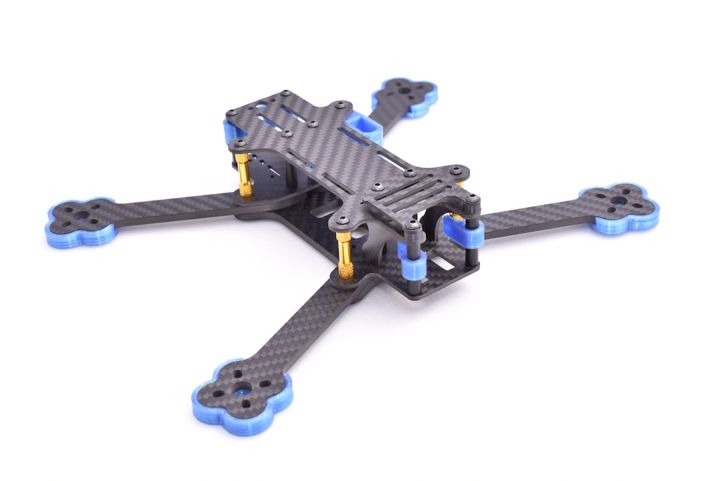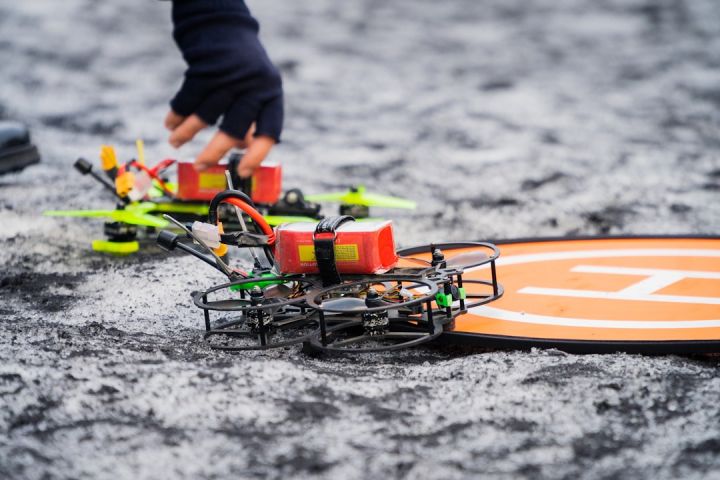Can You Use Solar Power in Rc Aviation Electronics?
Remote control (RC) aviation has become a popular hobby for many enthusiasts around the world. Whether it’s flying a small drone or piloting a larger-scale model aircraft, the thrill of controlling a flying object is undeniable. With advancements in technology, RC aviation electronics have also seen significant improvements. One such advancement is the use of solar power to operate these devices. In this article, we will explore the possibility of using solar power in RC aviation electronics and its potential benefits.
Solar Power: An Eco-Friendly Alternative
Solar power has gained popularity in recent years as a clean and renewable energy source. It harnesses the energy from the sun and converts it into electricity. By using solar power in RC aviation electronics, hobbyists can reduce their reliance on traditional batteries and contribute to a greener environment. Additionally, the availability of sunlight during daylight hours provides an unlimited source of power for prolonged flight times.
Powering RC Aircraft with Solar Panels
Solar panels are the primary component used to capture sunlight and convert it into usable electricity. These panels are typically made up of multiple photovoltaic cells that generate electric current when exposed to sunlight. To use solar power in RC aviation electronics, a solar panel can be integrated into the aircraft’s design. The panel absorbs sunlight, converts it into electricity, and stores it in a battery for later use.
Benefits of Using Solar Power in RC Aviation Electronics
1. Extended Flight Time: Solar power can significantly increase the flight time of RC aircraft. By utilizing the continuous source of energy from the sun, pilots can enjoy longer flights without having to worry about battery life.
2. Cost Savings: While the initial investment for solar panels may be higher than traditional batteries, the long-term cost savings can be substantial. Solar panels have a longer lifespan and require minimal maintenance, reducing the need for frequent battery replacements.
3. Environmental Impact: By reducing reliance on traditional batteries, which often contain harmful chemicals, the use of solar power in RC aviation electronics can help minimize environmental pollution. It provides a sustainable and eco-friendly alternative for powering these devices.
Challenges and Considerations
While the idea of using solar power in RC aviation electronics is appealing, there are several challenges and considerations to keep in mind.
1. Size and Weight: Solar panels can add extra weight to the aircraft, potentially affecting its performance. It is crucial to find a balance between the size of the solar panel and the aircraft’s overall weight capacity.
2. Sunlight Availability: The efficiency of solar panels depends on the availability of sunlight. Overcast or cloudy days can limit the amount of energy that can be harvested, affecting the aircraft’s performance.
3. Power Requirements: RC aircraft vary in power requirements, and not all models may be suitable for solar power integration. It is essential to assess the energy needs of the specific aircraft and choose a solar panel system that can meet those requirements.
Conclusion: Exploring the Potential
While the use of solar power in RC aviation electronics is still relatively new, it presents an exciting opportunity for hobbyists to enhance their flying experience. The benefits of extended flight time, cost savings, and reduced environmental impact make solar power an attractive alternative to traditional batteries. However, it is important to consider the challenges and limitations associated with solar power integration, such as size and weight constraints, sunlight availability, and power requirements. As technology continues to advance, the potential for using solar power in RC aviation electronics will likely grow, providing enthusiasts with even more options for sustainable and enjoyable flying experiences.







